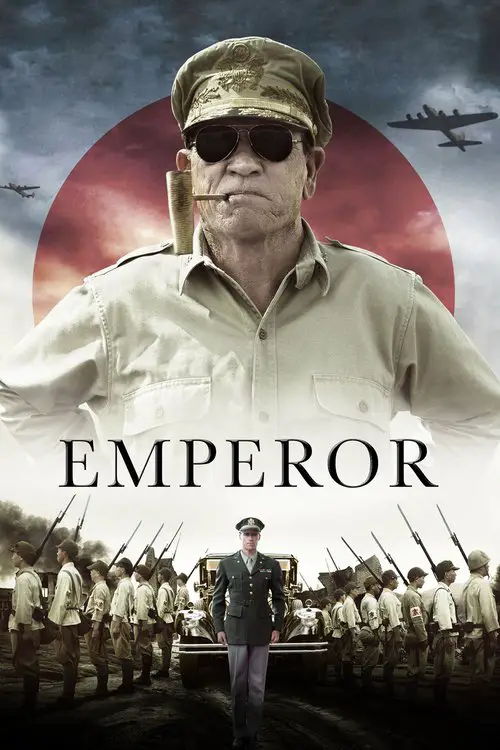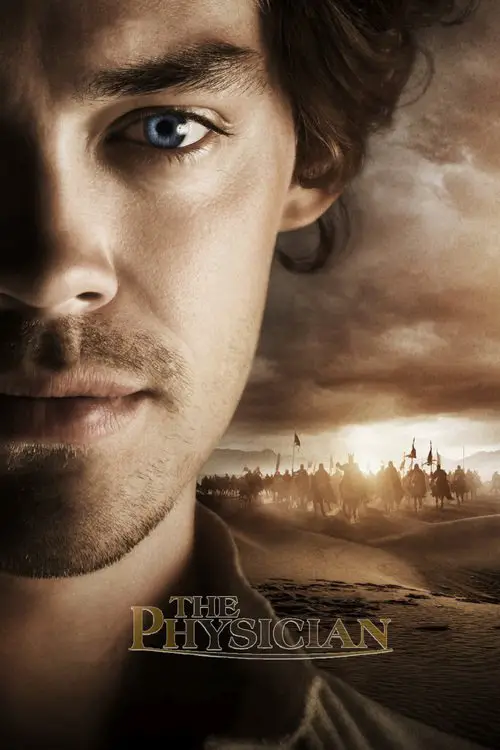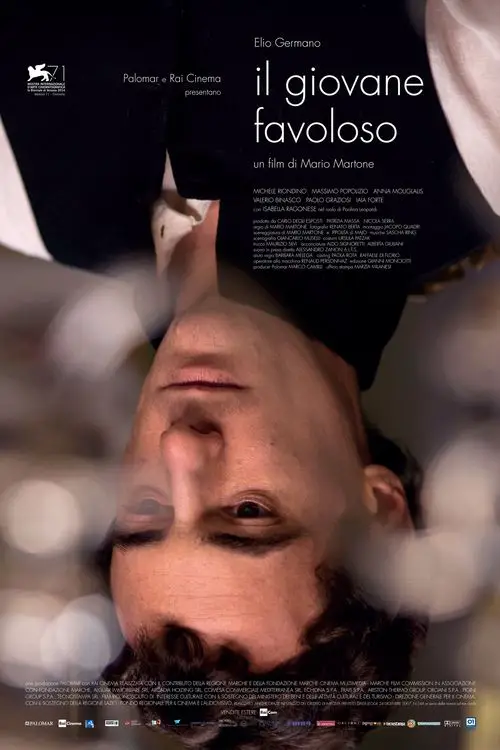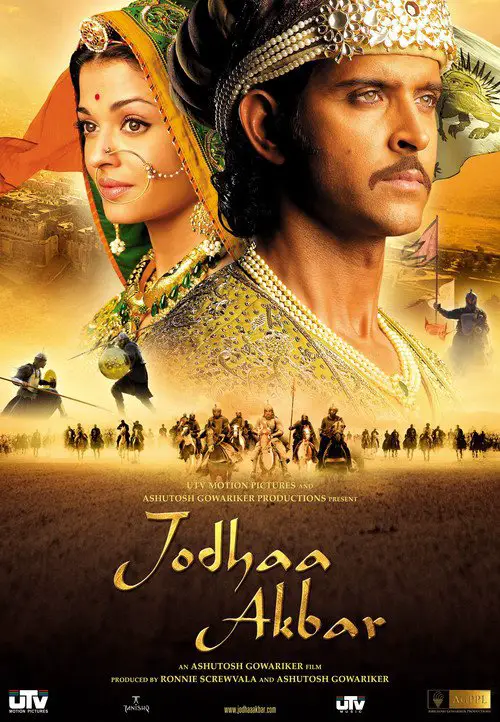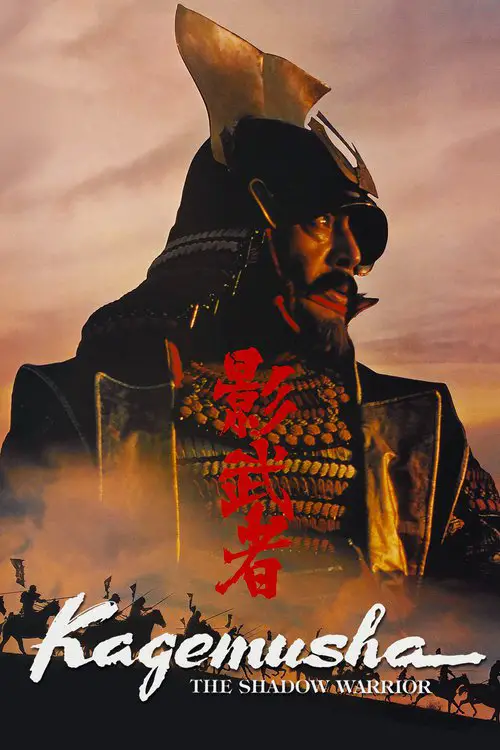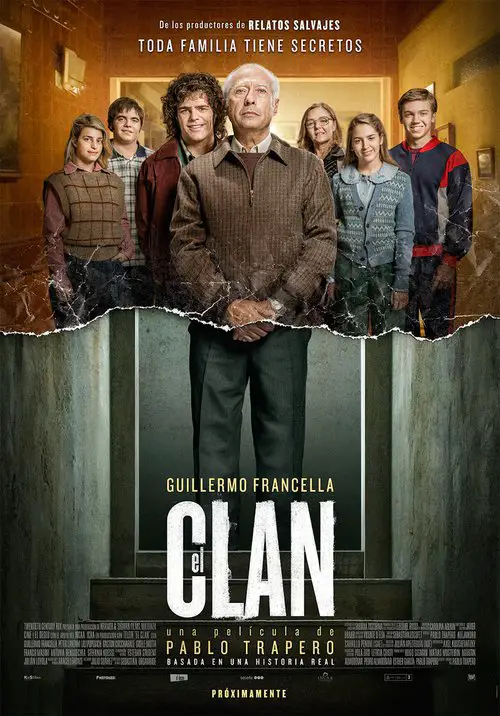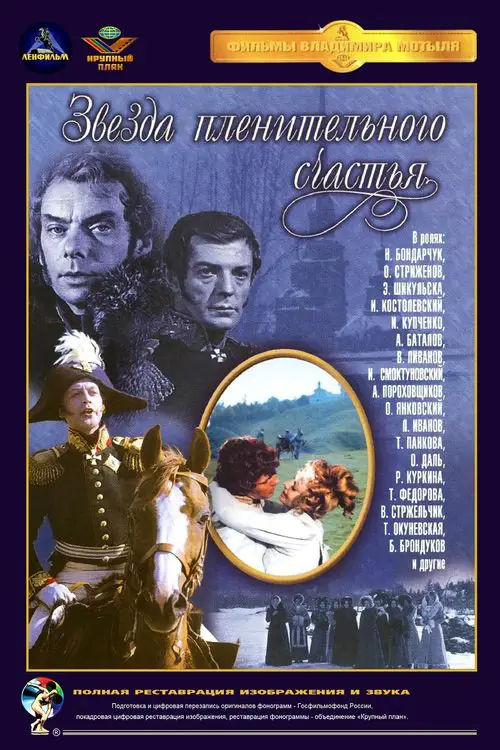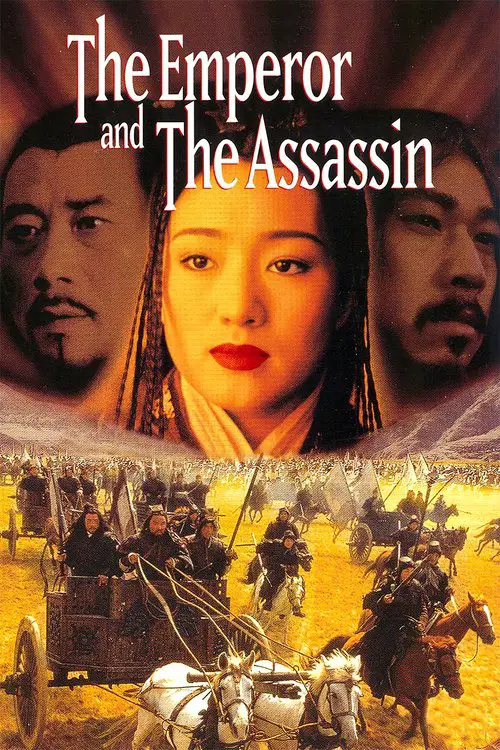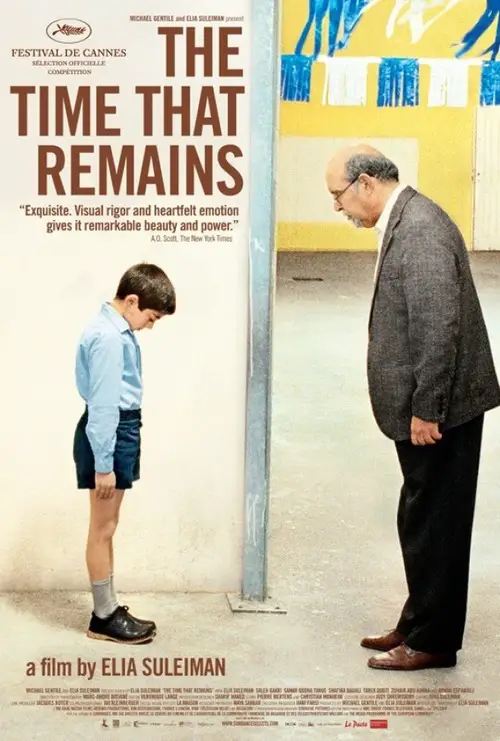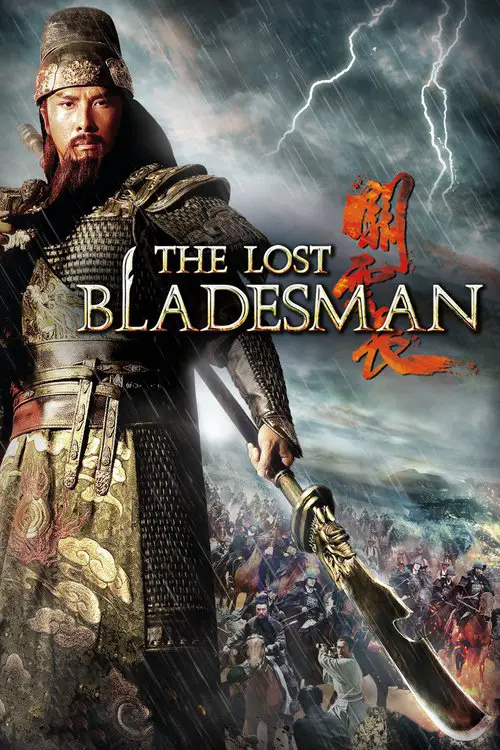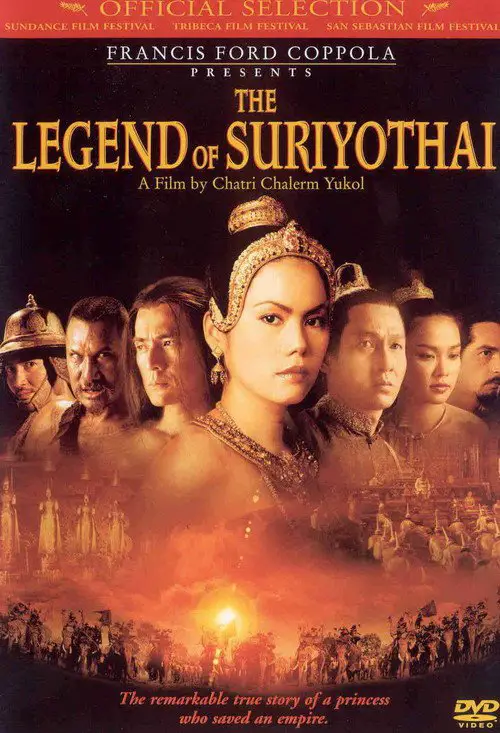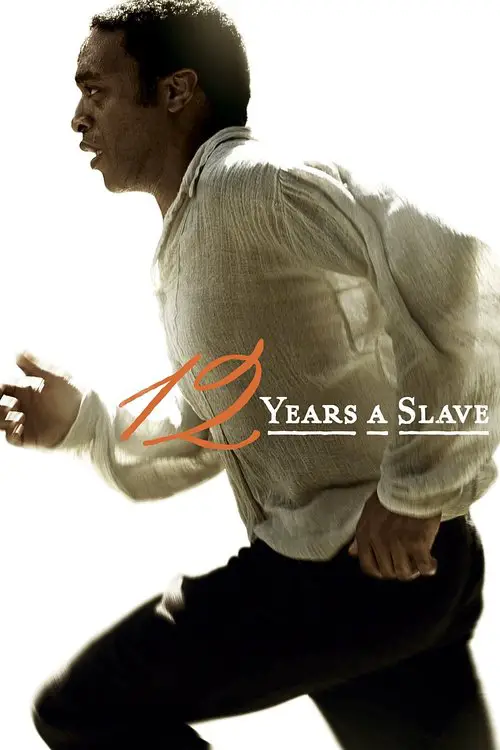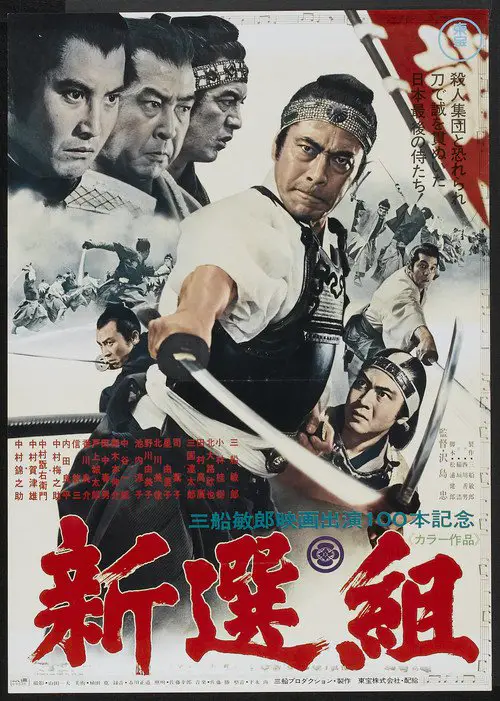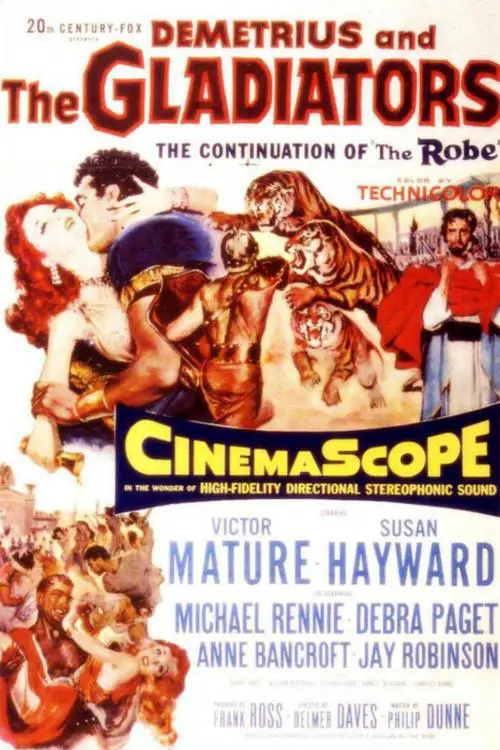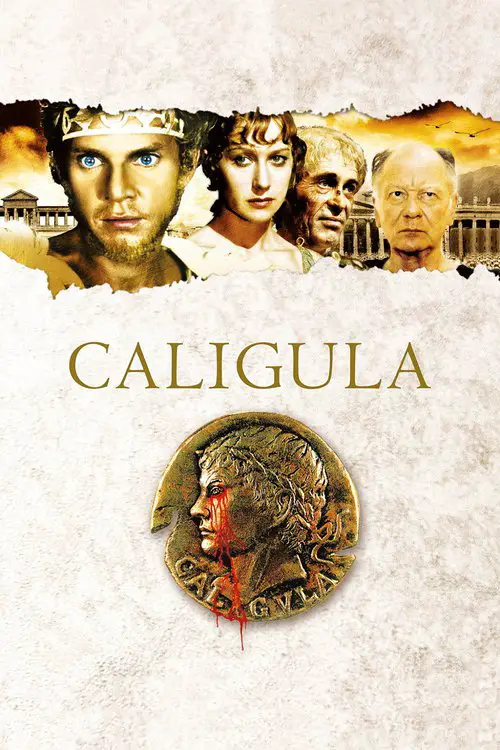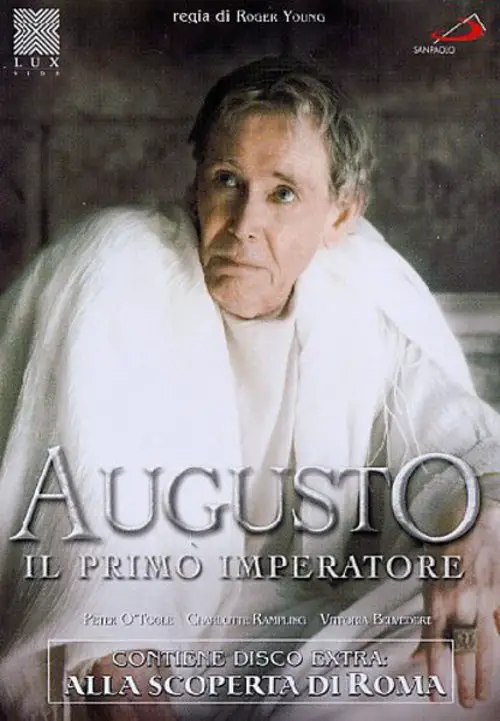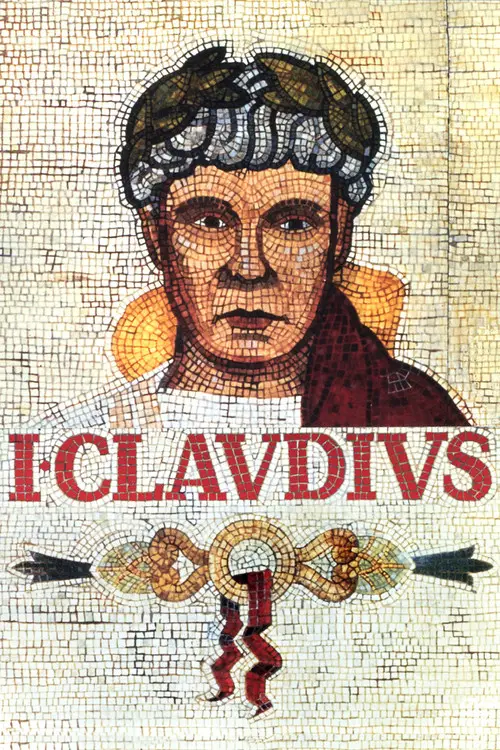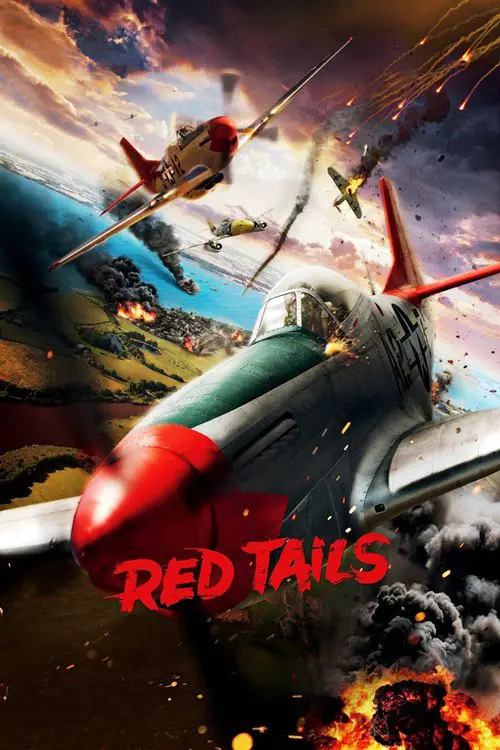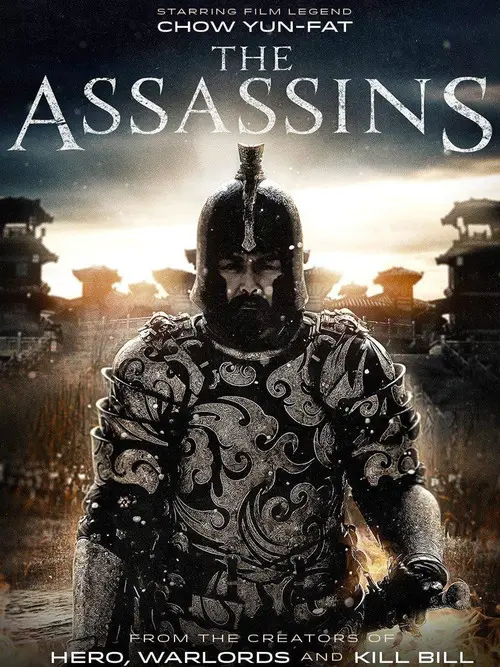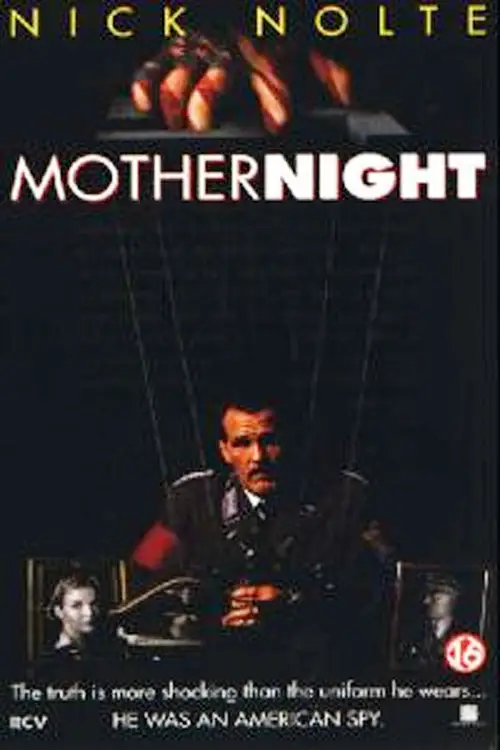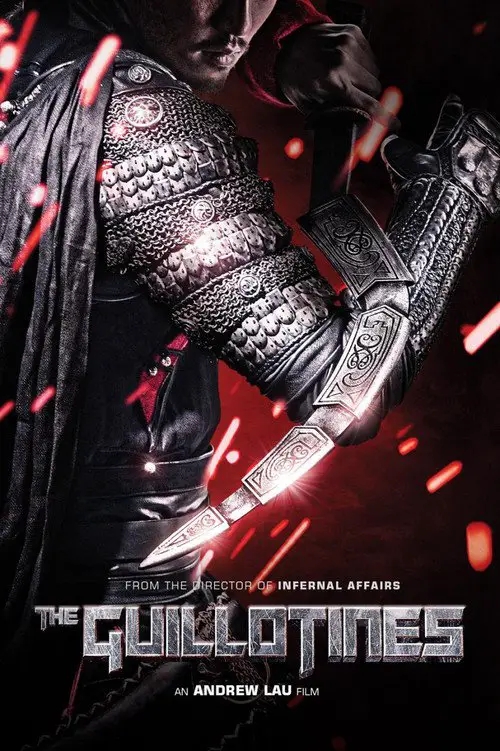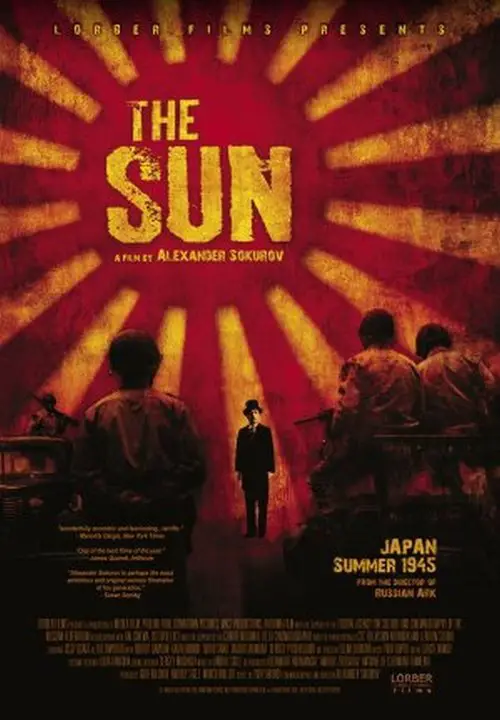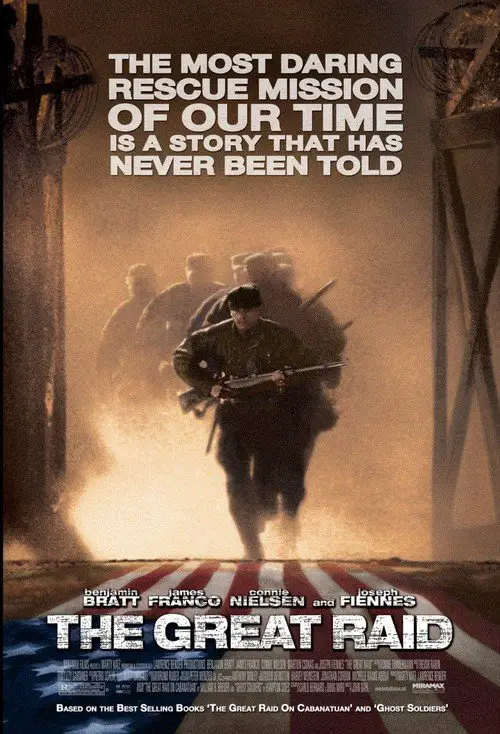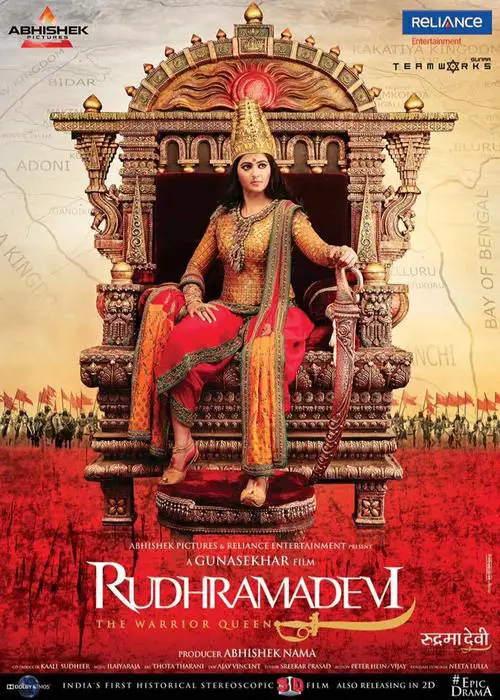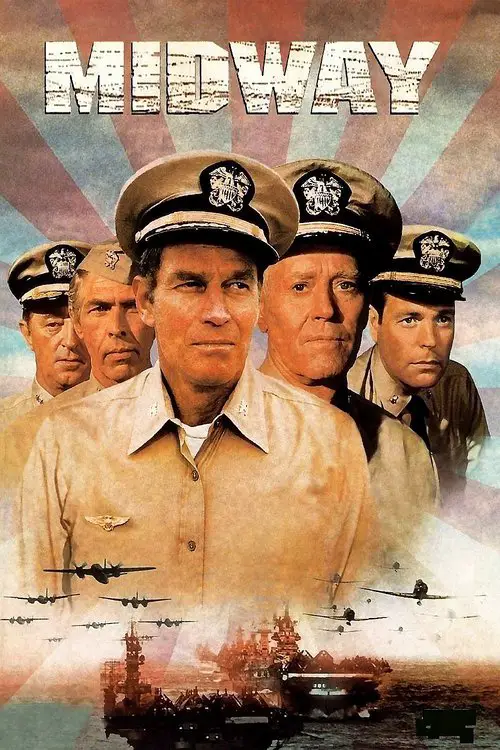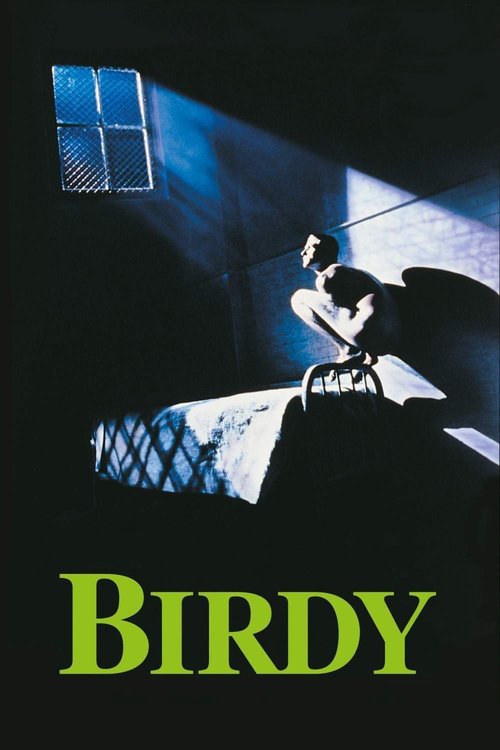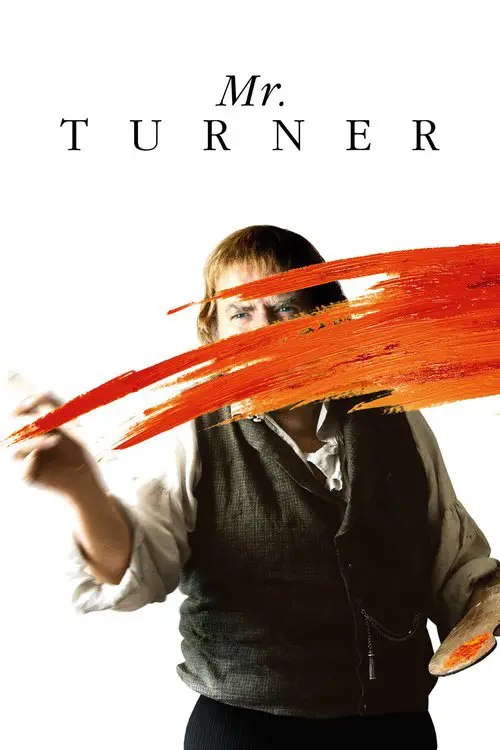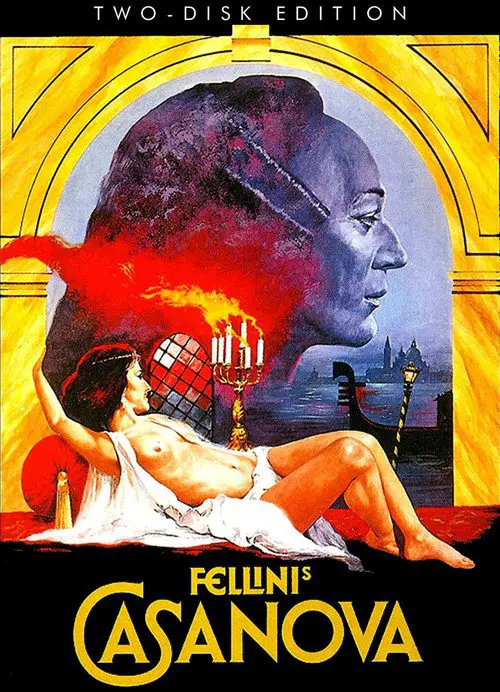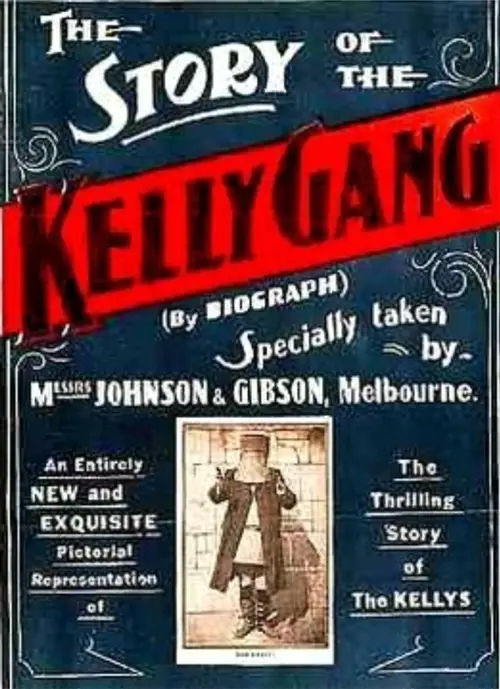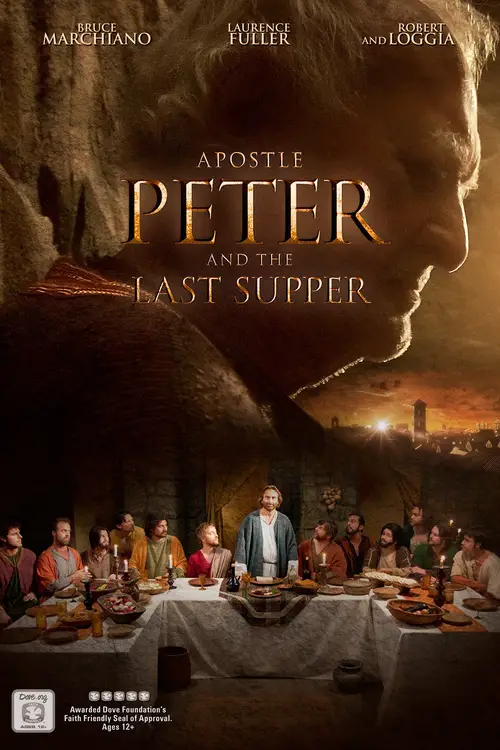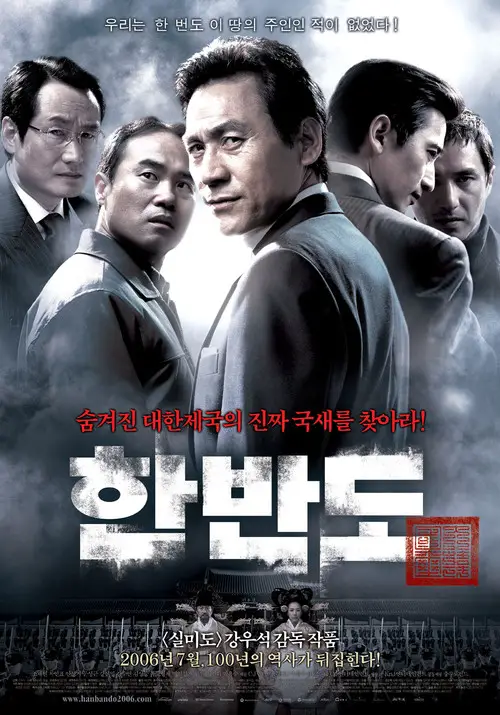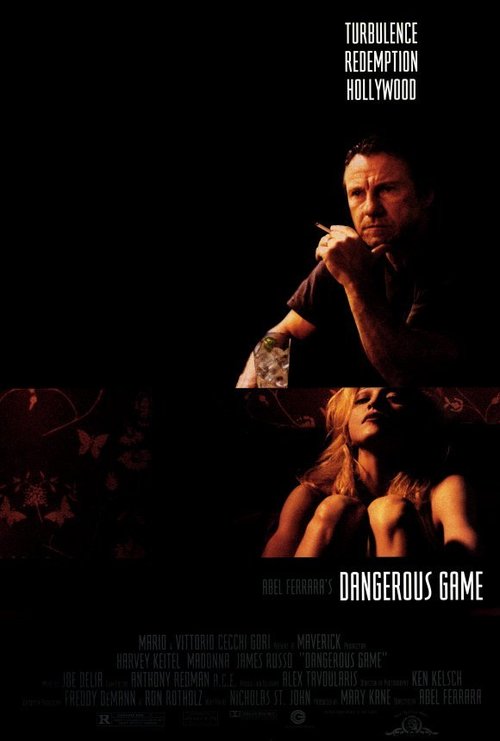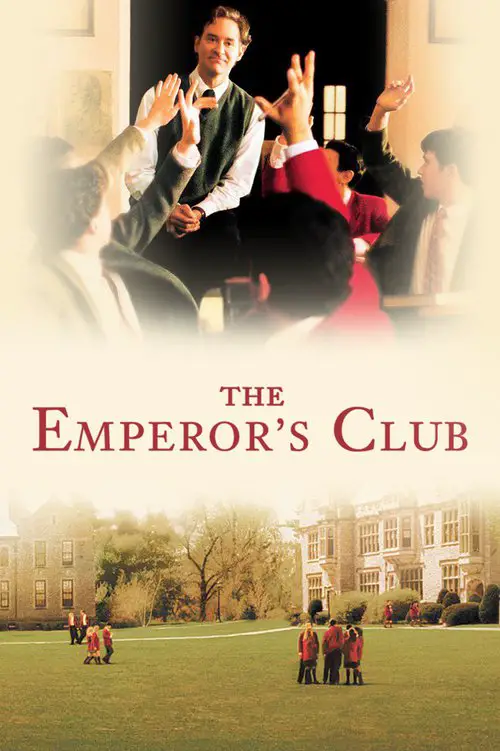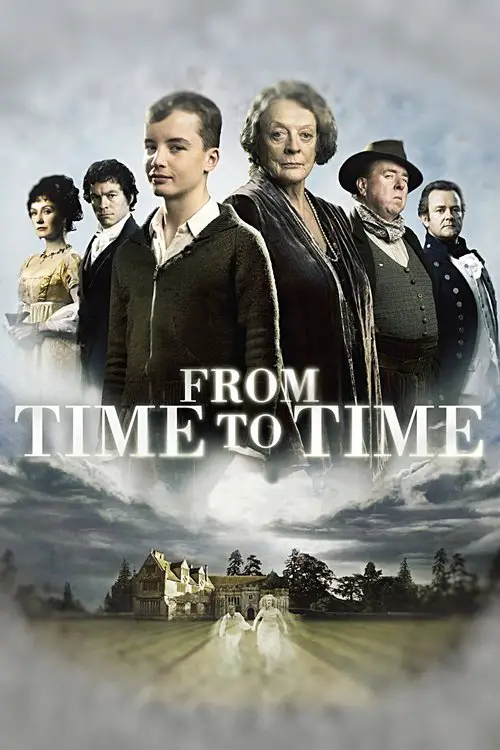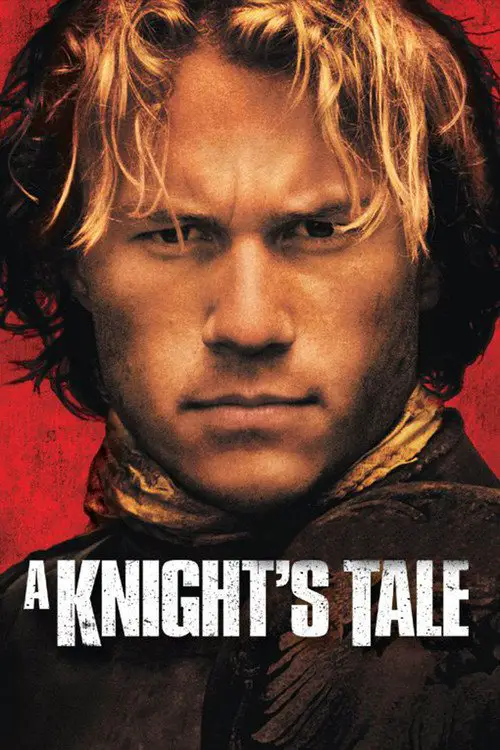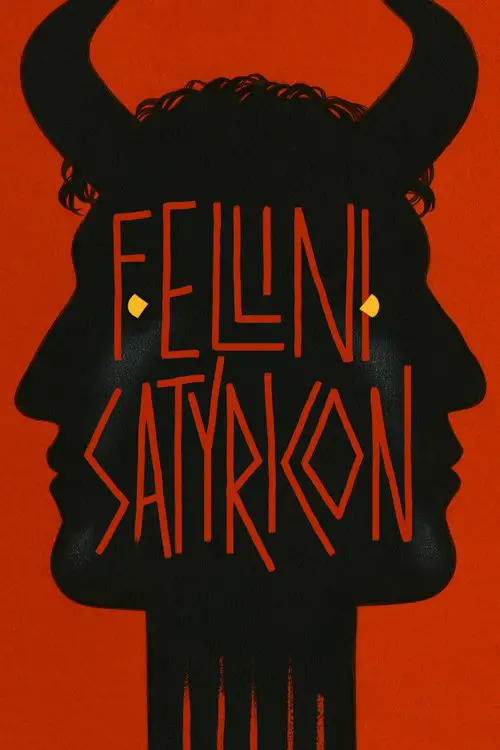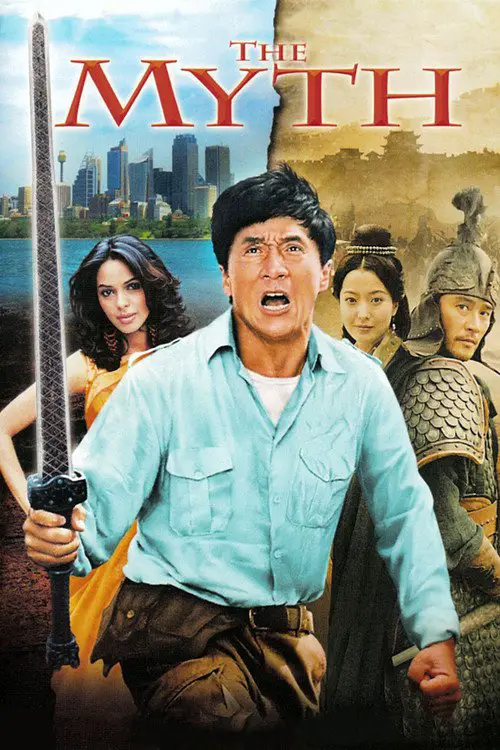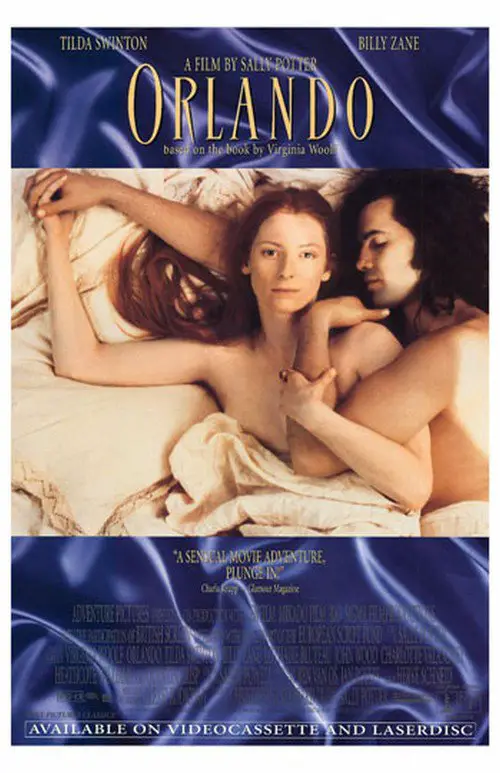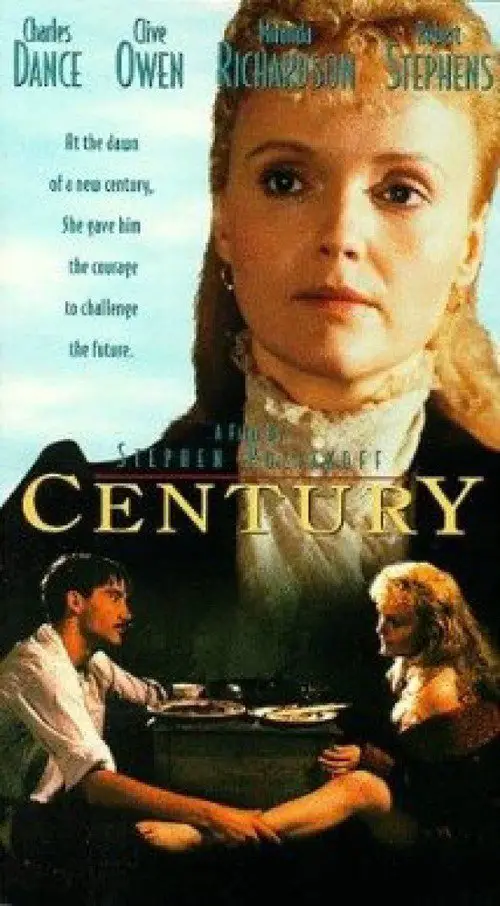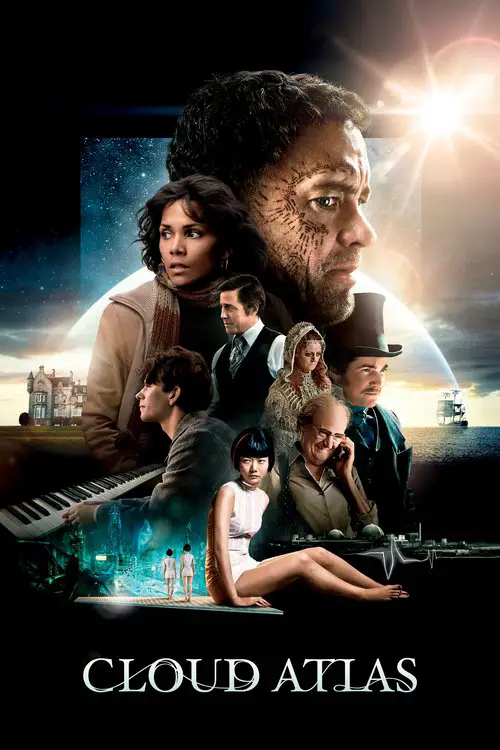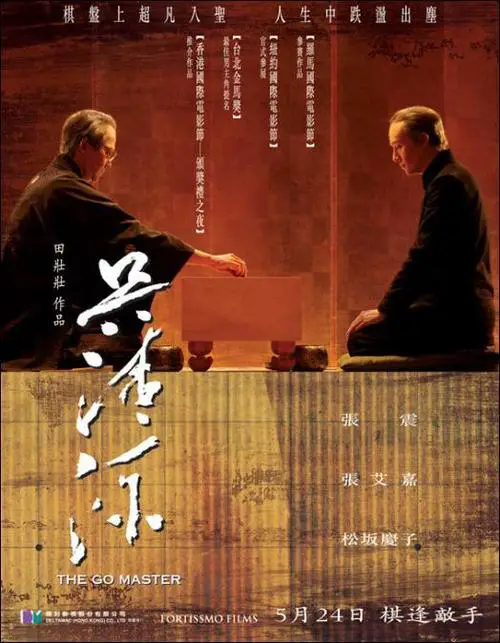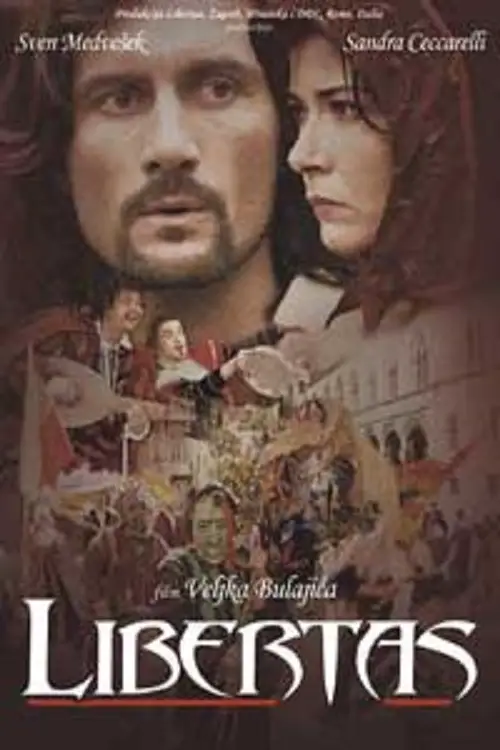Oldrich and Bozena (1984)
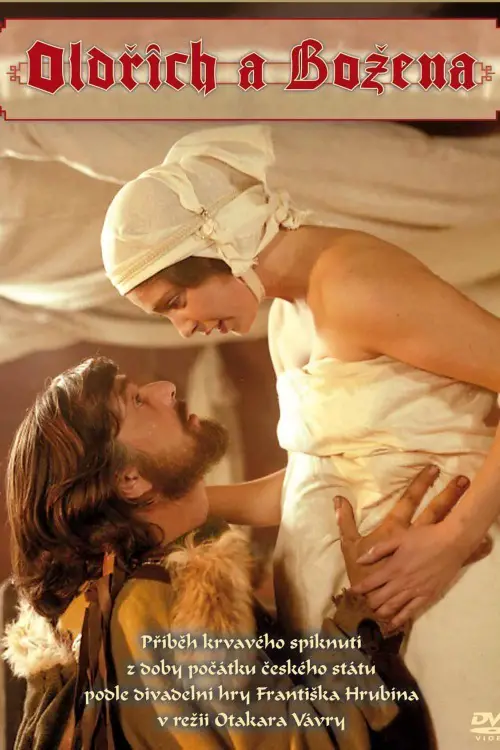
Similar movies
The story of Rob Cole, a boy who is left a penniless orphan in an 11th-century English mining town when his mother dies of a mysterious illness. Vowing to become a physician and vanquish Death itself, he travels to Isfahan in Persia to study medicine under the great Ibn Sina. Through countless ordeals and challenges, and making many sacrifices along the way, he struggles on unwaveringly. His unflagging quest for knowledge leads to the blossoming of friendship and true love.
In eighteenth-dynasty Egypt, Sinuhe, a poor orphan, becomes a brilliant physician and with his friend Horemheb is appointed to the service of the new Pharoah. Sinuhe's personal triumphs and tragedies are played against the larger canvas of the turbulent events of the 18th dynasty. As Sinuhe is drawn into court intrigues he learns the answers to the questions he has sought since his birth.
In December 1825, distinguished members of the Russian military, most of whom were quite affluent and of noble lineage, took it upon themselves to stir revolution against the autocratic and tyrannical Czar Nikolai I in the wake of his not honoring the drafting of a constitution for the Russian people. The revolution failed miserably and the conspirators (known as the Decembrists) were weeded out by the czar himself. One by one, each of the conspirators confess and are systematically exiled to the harsh winters of Siberia, slated to work and wither in a prison/mine. The wives of the conspirators are faced with the prospect of leaving the bosom of wealth and family (including their own children) to be with their husbands in the brutal Siberian locale. If they agree to this, they face having their illustrious social stations stripped away and certain disdain from everyone around them...
An examination of the creation of the state of Israel in 1948 through to the present day.[Synopsis from the director, courtesy of Cannes Film Festival] : "The Time That Remains" is a semi biographic film, in four historic episodes, about a family--my family--spanning from 1948, until recent times. The film is inspired by my fatherâs diaries of his personal accounts, starting from when he was a resistant fighter in 1948, and by my motherâs letters to family members who were forced to leave the country since then. Combined with my intimate memories of them and with them, the film attempts to portray the daily life of those Palestinians who remained in their land and were labeled "Israeli-Arabs," living as a minority in their own homeland.
During the warring period of the three kingdoms, ancient China is in turmoil. To unify the country, general Cao Cao (Jiang Wen), the real power behind the Emperor, enlists the aid of the greatest warrior in the land, Guan Yu (Donnie Yen). However, Guan Yu is a loyal friend of Cao Cao's enemy Liu Bei (Alex Fong) so to persuade the peerless warrior to fight, Cao Cao takes his beloved Qi Lan (Sun Li) hostage. After leading Cao Cao's forces to victory Guan Yu sets out with Qi Lan to rejoin Liu Bei. But now Cao Cao has deemed him too great a threat to live, and on the journey he must face all the forces at the Emperor's command sent to destroy him.
In the pre-Civil War United States, Solomon Northup, a free black man from upstate New York, is abducted and sold into slavery. Facing cruelty as well as unexpected kindnesses Solomon struggles not only to stay alive, but to retain his dignity. In the twelfth year of his unforgettable odyssey, Solomonâs chance meeting with a Canadian abolitionist will forever alter his life.
The theme is the founding of the state of Israel. The action begins on a ship filled with Jewish immigrants bound for Israel who are being off loaded on Cyprus. An Intelligence officer succeeds in getting them back on board their ship only to have the harbor blocked by the British with whom they must negotiate. The second part deals with declaring independence and the resulting warring.
A dramatic history of Pu Yi, the last of the Emperors of China, from his lofty birth and brief reign in the Forbidden City, the object of worship by half a billion people; through his abdication, his decline and dissolute lifestyle; his exploitation by the invading Japanese, and finally to his obscure existence as just another peasant worker in the People's Republic.
Near the end of the nineteenth century, as the balance of power shifts from Shogunate towards the Emperor, Japan restlessly awaits the dawning of a new age. But not all are content...The Shinsengumi, a small army of samurai, farmers and peasants, band together to do battle against the tide of history. Their leader, Isami Kondo (Mifune) is a man who rises from farmer to fighter to head the fierce Shinsengumi brigade. Using a stern hand and a heart of gold, he rallies his men in defense of the tottering Shogunate. But bloodshed and treachery lurk around every corner.
The story picks up at the point where "The Robe" ends, following the martyrdom of Diana and Marcellus. Christ's robe is conveyed to Peter for safe-keeping, but the emperor Caligula wants it back to benefit from its powers. Marcellus' former slave Demetrius seeks to prevent this, and catches the eye of Messalina, wife to Caligula's uncle Claudius. Messalina tempts Demetrius, he winds up fighting in the arena, and wavers in his faith.
The perversion behind imperial Rome, the epic story of Rome's mad Emporer. All the details of his cruel, bizarre reign are revealed right here: His unholy sexual passion for his sister, his marriage to Rome's most infamous prostitute, his fiendishly inventive means of disposing those who would oppose him, and more.
Tracing the lives of several Roman emperors, this is an epic of ruthless ambition, shocking debauchery and murderous intrigue set in one of history's most fascinating eras. Bearing witness to the saga is Claudius, whose stutter and limp have marked him a fool - yet whom prophecies have foretold will one day rule Rome.
In the year 198 BC, Cao Cao (Chow Yun Fat), Prime Minister of the Han Dynasty, ventured to the east and defeated China's greatest warrior Lu Bu, terrifying every ambitious warlord across the country. Several years later, after taking the Han Emperor under his wing, Cao crowns himself King of Wei. He built a magnificent Bronze Sparrow Island to symbolize his power and rumors spread that he would replace the Emperor. Meanwhile, young lovers Mu Shun (Hiroshi Tamaki) and Ling Ju (Liu Yi-Fei) are taken from a prison camp to a hidden tomb, where they spend five cruel years together, training as assassins for a secret mission. In the year 220 BC astronomical signs predict dramatic change. As a result, Cao's son Cao Pi (Yau Sam-Chi) and Cao's followers urge Cao to become the new Emperor - but unknown opposing forces plot against him.
During the Manchurian-ruled Qing Dynasty, Emperor Yong Zheng established a secret assassination squad known as the Guillotines to eliminate all who opposed him. Once heavily favored by the Emperor, the Guillotines are deemed expendable once Emperor Qian Long ascends to the throne and adopts Western ideas and technology. To consolidate his power under a new regime, the Emperor continues to use the Guillotines to persecute the conquered Han Chinese in a reign of terror and oppression. Written by Anynomous
The Sun (Russian: СóлнÑе, Solntse) is a 2005 Russian biographical film depicting Japanese Emperor ShÅwa (Hirohito) during the final days of World War II. The film is the third drama in director Aleksandr Sokurov's trilogy, which included Taurus about the Soviet Union's Vladimir Lenin and Moloch about Nazi Germany's Adolf Hitler.
The Nazis, exasperated at the number of escapes from their prison camps by a relatively small number of Allied prisoners, relocates them to a high-security "escape-proof" camp to sit out the remainder of the war. Undaunted, the prisoners plan one of the most ambitious escape attempts of World War II. Based on a true story.
Rudraba, daughter of Ganapatideva, the emperor of the Kakatiya dynasty, was officially designated a son through the ancient Putrika ceremony and given the name Rudradeva so that she could succeed her father after his death. Despite opposition, she became of the most prominent rulers of the Kakatiya dynasty and one of the few ruling queens in Indian history.
New York trapper Tom Dobb becomes an unwilling participant in the American Revolution after his son Ned is drafted into the Army by the villainous Sergeant Major Peasy. Tom attempts to find his son, and eventually becomes convinced that he must take a stand and fight for the freedom of the Colonies, alongside the aristocratic rebel Daisy McConnahay. As Tom undergoes his change of heart, the events of the war unfold in large-scale grandeur.
A classic story of English POWs in Burma forced to build a bridge to aid the war effort of their Japanese captors. British and American intelligence officers conspire to blow up the structure, but Col. Nicholson , the commander who supervised the bridge's construction, has acquired a sense of pride in his creation and tries to foil their plans.
A sprawling war film, Midway stars nearly every actor who wasn't in A Bridge Too Far. Charlton Heston, Toshirô Mifune, Robert Mitchum and Henry Fonda are among the familiar faces depicting the American and Japanese forces in a naval battle that became the turning point of the Pacific war. Using some real wartime footage, Midway provides an exciting view of a gigantic battle.
During the medieval times, Martin Guerre returns to his hometown in the middle of France, after being away in the war since he was a child. Nobody recognise him, and the people who knew him suspect he is not Martin, but he knows all about his family and friends, even the most unusual things. Is this man really Martin Guerre?
Just as Fritz Langâs Metropolis (1927) is testimony to German silent film art, The Story of the Kelly Gang (1906) symbolises both the birth of the Australian film industry and the emergence of an Australian identity. Even more significantly it heralds the emergence of the feature film format. The Story of the Kelly Gang, directed by Charles Tait in 1906, is the first full-length narrative feature film produced anywhere in the world. Only fragments of the original production of more than one hour are known to exist and are preserved at the National Film and Sound Archive, Canberra. (unesco.org)
In the run-up to the 1972 elections, Washington Post reporter Bob Woodward covers what seems to be a minor break-in at the Democratic Party National headquarters. He is surprised to find top lawyers already on the defense case, and the discovery of names and addresses of Republican fund organizers on the accused further arouses his suspicions. The editor of the Post is prepared to run with the story and assigns Woodward and Carl Bernstein to it. They find the trail leading higher and higher in the Republican Party, and eventually into the White House itself.
Framed in the 1940s for the double murder of his wife and her lover, upstanding banker Andy Dufresne begins a new life at the Shawshank prison, where he puts his accounting skills to work for an amoral warden. During his long stretch in prison, Dufresne comes to be admired by the other inmates -- including an older prisoner named Red -- for his integrity and unquenchable sense of hope.
William Hundert is a passionate and principled Classics professor who finds his tightly-controlled world shaken and inexorably altered when a new student, Sedgewick Bell, walks into his classroom. What begins as a fierce battle of wills gives way to a close student-teacher relationship, but results in a life lesson for Hundert that will still haunt him a quarter of a century later.
William Thatcher, a peasant, is sent to apprentice with a Knight named Hector as a young boy. Urged by his father to "change his Stars", he assumes Sir Hector's place in a tournament when Hector dies in the middle of it. He wins. With the other apprentices, he trains and assumes the title of Sir Ulrich von Lichtenstein.
Film is loosely based on Petronius's work, Satyricon, a series of bawdy and satirical episodes written during the reign of the emperor Nero and set in imperial Rome. Fellini's project saw competition from another film titled Satyricon, released the same year. Producer Alfredo Bini had registered the Satyricon title in 1962. When Fellini and his producer Alberto Grimaldi started work on their film, Bini contracted Gian Luigi Polidoro to direct his own version. Grimaldi sued Bini to halt the competing film, but lost; as a result, Fellini's picture was titled "Fellini - Satyricon" to distinguish it. (From Wikipedia, the free encyclopedia)
In 1600, nobleman Orlando (Tilda Swinton) inherits his parents' house, thanks to Queen Elizabeth I (Quentin Crisp), who commands the young man to never change. After a disastrous affair with Russian princess Sasha (Charlotte Valandrey), Orlando looks for solace in the arts before being appointed ambassador to Constantinople in 1700, where war is raging. One morning, Orlando is shocked to wake up as a woman and returns home, struggling as a female to retain her property as the centuries roll by.
A set of six nested stories spanning time between the 19th century and a distant post-apocalyptic future. Cloud Atlas explores how the actions and consequences of individual lives impact one another throughout the past, the present and the future. Action, mystery and romance weave through the story as one soul is shaped from a killer into a hero and a single act of kindness ripples across centuries to inspire a revolution in the distant future. Based on the award winning novel by David Mitchell. Directed by Tom Tykwer and the Wachowskis.
The Go Master is a 2006 biopic by director Tian Zhuangzhuang of renowned twentieth century Go master Wu Qingyuan, better known by his adopted name of Go Seigen. The film, which premiered at the 44th New York Film Festival, focuses on the life of this extraordinary player from his meteoric rise as a child prodigy to fame and fortune as a revolutionary strategic thinker, as well as the tumultuous global conflicts between his homeland and his adopted nation. The film also features a scene involving the Atomic bomb go game.
The film is set in mid-16th century, at a time when the entire eastern Mediterranean is dominated by two great empires, the Ottoman Empire and the Republic of Venice, with the small but wealthy maritime republic of Ragusa (modern-day Dubrovnik) managing to maintain its independence through diplomatic agreements.
© Valossa 2015–2024

